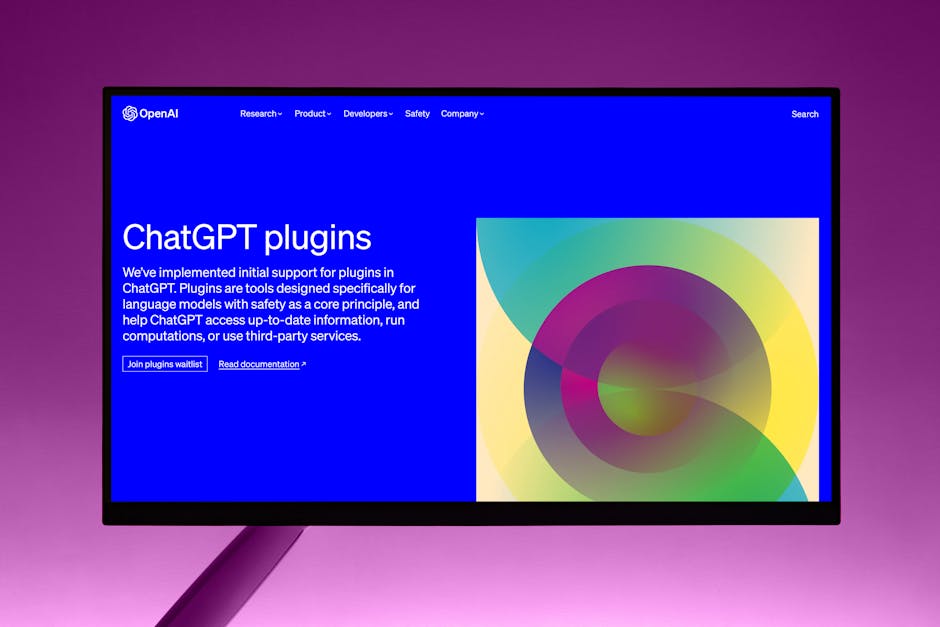No products in the cart.
The Future of Coders: Navigating AI’s Role in Web Development
As AI transforms web development, the future for coders is uncertain. Will they adapt to higher-value tasks or face obsolescence?
As the sun sets on the horizon of traditional web development, a new dawn arises, painted in the hues of artificial intelligence. The question on everyone’s mind is: will coders still be needed in 2030? With AI website builders emerging as the new heavyweights in the digital arena, many are left wondering if the era of manual coding is swiftly coming to an end.
In recent years, platforms like Wix, Squarespace, and even the newly launched AI-driven Webflow have revolutionized how websites are built. These tools allow users, regardless of their technical knowledge, to create stunning, functional websites in mere minutes. As these technologies become more sophisticated, the skills that once defined a coder’s toolkit may soon be relegated to the history books. But before we mourn the death of coding, let’s delve deeper into the implications of this shift.

Historically, the craft of coding has been likened to the artistry of sculpting. A coder chisels away at the raw stone of ideas, transforming them into functional, beautiful websites. However, as AI takes on the role of both chisel and artist, the landscape is shifting. Many professionals fear that the rise of these automated tools will render their skills obsolete. Yet, a closer look reveals a more nuanced picture.
While it’s true that AI can handle basic tasks—like generating templates or optimizing layouts—there’s a growing recognition that human coders bring something irreplaceable to the table: creativity, critical thinking, and the ability to solve complex problems. As the lead developer at a tech startup, Maria L., noted in a recent interview, “AI can automate routine tasks, but it lacks the ability to innovate. The best web experiences come from human intuition and creativity. We need to focus on higher-value tasks that AI simply can’t replicate.”
Many professionals fear that the rise of these automated tools will render their skills obsolete.
This sentiment is echoed by many in the industry. According to a report from the World Economic Forum, the demand for tech-savvy professionals who can leverage AI tools is set to increase by 55% in the next five years. This shift suggests that rather than eliminating jobs, AI could actually create a new landscape of opportunities, where coders evolve into digital strategists and innovators.
However, this optimistic outlook isn’t universal. Critics argue that the rapid advancement of AI could lead to significant job displacement, particularly for entry-level positions. For many young professionals, the prospect of entering a field where their skills might soon become irrelevant is daunting. As 21-year-old Jamie K., a recent computer science graduate, expressed, “I studied hard to learn coding, but I’m scared that by the time I start my career, AI will have taken over all the basic tasks.”
So, how can aspiring coders prepare for this shifting landscape? Education and continuous learning will be paramount. Traditional coding boot camps are beginning to adapt their curricula to focus more on AI integration and problem-solving skills. Courses that emphasize critical thinking, collaboration, and creativity will be invaluable. Moreover, certifications in AI technology and data science can provide a competitive edge in the job market.
In addition, a shift towards interdisciplinary skills will be essential. Future coders will likely need to understand not just programming languages but also elements of design, psychology, and user experience. The ability to work collaboratively with AI tools and understand their limitations will become a critical skill set. As technology continues to evolve, so too must the workforce.
Looking ahead, the future of web development is not a dystopian landscape where coders become obsolete; instead, it is a dynamic environment where the roles of coders will transform. As AI handles repetitive tasks, programmers will have the opportunity to focus on more complex challenges, driving innovation and creativity in ways that machines cannot. Companies will seek out individuals who can harness the power of AI while also providing the human touch—understanding user needs and crafting experiences that resonate on a personal level.
The ability to work collaboratively with AI tools and understand their limitations will become a critical skill set.
In this brave new world of web development, adaptability will be the name of the game. Coders who embrace lifelong learning and develop a broad skill set will not only survive but thrive. As we approach 2030, the question may not be whether coders will be needed, but rather: how will they redefine their roles in the face of this technological revolution?











